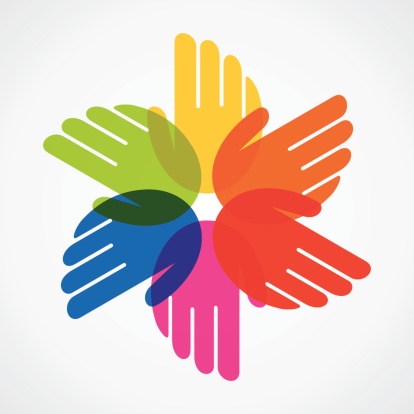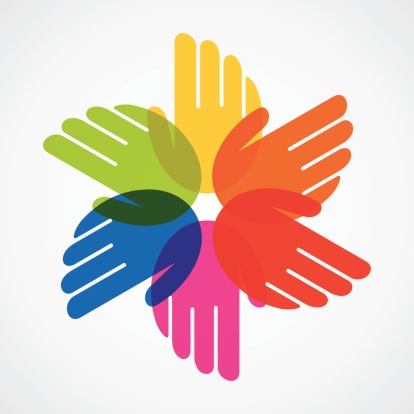 Cultural Diversity
Cultural Diversity
The emergence of cultural diversity in today's society has impacted the inner-framework of the healthcare sector. By the year 2043, studies predict that the current ethnic and racial minority group populations will become the new majority. Diversity, Inclusion and Cultural Competence are topics that carry weight and emphasis in many aspects of the healthcare system. Efforts made to exercise inclusion and integrate cultural knowledge into professional environments have become integral in providing quality service to clientele. The practice of cultural awareness and competence in healthcare organizations leads to an encompassing sense of community and corporate respect of all cultures.
Benefiting Organizations
When there is a marked emphasis on cultural competence, diversity, and inclusion in an organization, a myriad of internal and external benefits result. Below is a list of benefits that organizations have experienced after putting pointed emphasis on supporting diversity.
- An increase in recruitment of culturally diverse employees
- Better group process (an increase in creativity/communication)
- Reduction in costs
- Wide-spanning marketing
Employing Cultural Advocates
Caucasians fill the majority of Nursing roles in the healthcare system, with minority groups making up only about 19 percent of the Nursing field. As the number of culturally diverse patients increase in the United States, the need for a diverse culture of healthcare workers grows with it. Organizations that rally their employees and their core values around cultural awareness garner support from other organizations and appeal to diverse potential employees. They are showing the community, through practical application, how support of diversity plays an important role in the quality of care that is given and received by employees and clients.
If policies of inclusion are implemented effectively in healthcare, employees become a creative force in improving communication and conflict-resolution. Because the emphasis in inclusion is cohesion, the medical staff is taught the value of going beyond the confines of their own understanding. They gather information from other staff or diverse sources to supplement what they know with other perspectives and values. Nursing staff that exhibit characteristics of inclusion exude flexibility and model cultural competency. They become powerful advocates for respect of diversity in patient-care.
Cultural Competence
Healthcare leaders that emulate cultural competency focus on one key ingredient, respect. If leaders in healthcare teach by example and pass initiatives to support cultural integration, everyone benefits. By providing ample opportunities for cultural understanding to permeate healthcare, healthcare officials communicate respect for diverse groups of people.
We’ve developed a questionnaire to assist you in evaluating how your healthcare system is doing with regard to Diversity, Inclusion and Cultural Competence. Please take a few minutes to assess your strengths and weaknesses.







